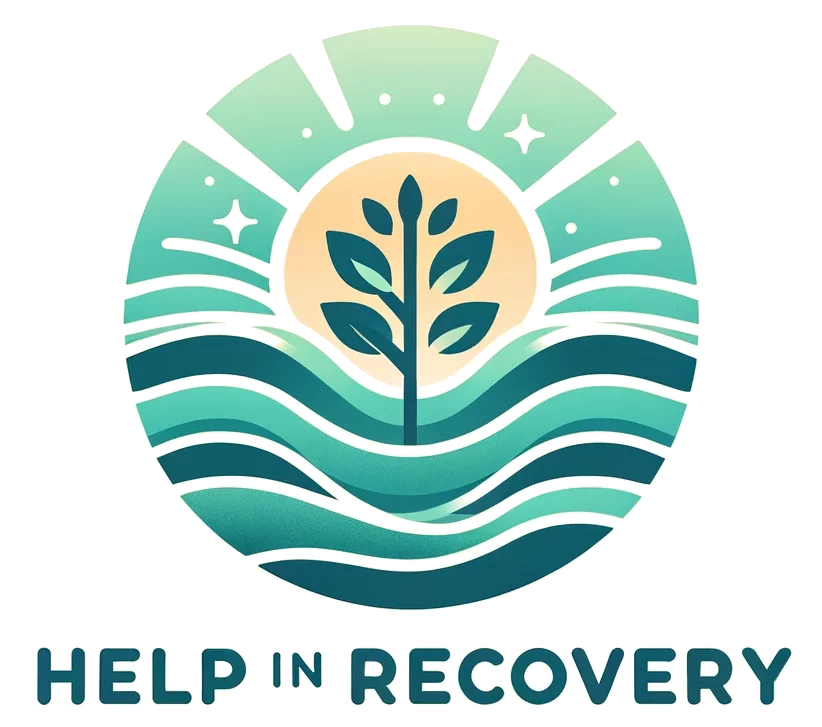Understanding Types of Addiction: A Comprehensive Guide
Addiction is often depicted as a battle with a substance, be it alcohol, drugs, or tobacco. However, the scope of addiction is far broader and more nuanced. In this article, we aim to expand the horizon of understanding around addiction, highlighting the variety of forms it can take and the impact each has on individuals and society. Check out our other articles for a more comprehensive look at all other aspects of understanding addiction.
The Multifaceted Nature of Addiction
Addiction is a condition where a person engages in the use of a substance or in a behaviour for which the rewarding effects provide a compelling incentive to pursue the behaviour despite detrimental consequences repeatedly. It’s a complex condition, a brain disease that is manifested by compulsive substance use or behaviour. Below, we outline the various types of addiction that one may encounter.
Substance Addictions
Alcohol
Often considered socially acceptable, alcohol addiction is one of the most common forms of addiction. It’s characterised by a craving for the euphoric feelings that drinking alcohol can produce.
Drugs
This broad category includes addiction to legal prescriptions, over-the-counter medications, as well as illegal substances. The types of drug addictions are numerous, with opioids, stimulants, and hallucinogens being some of the most prevalent.
Nicotine
Found in tobacco products, nicotine addiction is notoriously difficult to overcome due to the substance’s high level of addictiveness and widespread availability.
Behavioural Addictions
Gambling
Gambling addiction occurs when the thrill of the risk becomes a need that must be met, regardless of the impact on one’s life.
Food
Although necessary for survival, an unhealthy relationship with food can lead to eating disorders, which share many similarities with substance addictions.
Internet and Gaming
With the digital age in full swing, addictions to the internet and gaming have surfaced as serious issues, often impacting the social lives and mental health of individuals.
Sex and Love
These addictions are often less spoken about but involve compulsive participation in relationships, intimacy, or sexual activities.
Recognising the Signs
Identifying addiction can be tricky, as it often develops gradually. Here are some universal signs:
- Increased secrecy or lying
- Withdrawal from social situations
- Unexplained financial problems
- Changes in behaviour or personality
- Neglecting responsibilities
The Road to Recovery
Recovery is a personal journey and not a one-size-fits-all process. It can include therapy, medication, support groups, and lifestyle changes. Importantly, recognising the problem is the first step.
FAQs About Addiction
Q: Can addiction be cured? A: While addiction is a treatable condition, it is generally considered a chronic disease, much like diabetes or hypertension. There are methods and treatments to manage it, but a cure implies complete eradication, which is not currently available for most addictions.
Q: How can I help a loved one who is struggling with addiction? A: Support them by encouraging treatment, setting boundaries, caring for yourself, and avoiding enabling behaviours. Professional help is often necessary.
Q: Are some people more prone to addiction than others? A: Yes, factors such as genetics, environment, and mental health can increase the likelihood of addiction.
In Conclusion
Addiction is not a choice or a moral failing; it is a complex health issue that requires compassion, understanding, and comprehensive care. Whether it’s substance abuse or behavioural addiction, recognising the problem is the paramount first step on the road to recovery.
This article has been an exploration into the myriad forms of addiction and a call to action for awareness and support for those affected. Remember, recovery is a journey, not a destination, beginning with understanding.
If you found this article enlightening, don’t hesitate to seek additional information from reputable sources such as The National Institute on Drug Abuse or The American Society of Addiction Medicine.
Remember, you’re not alone in this fight.







